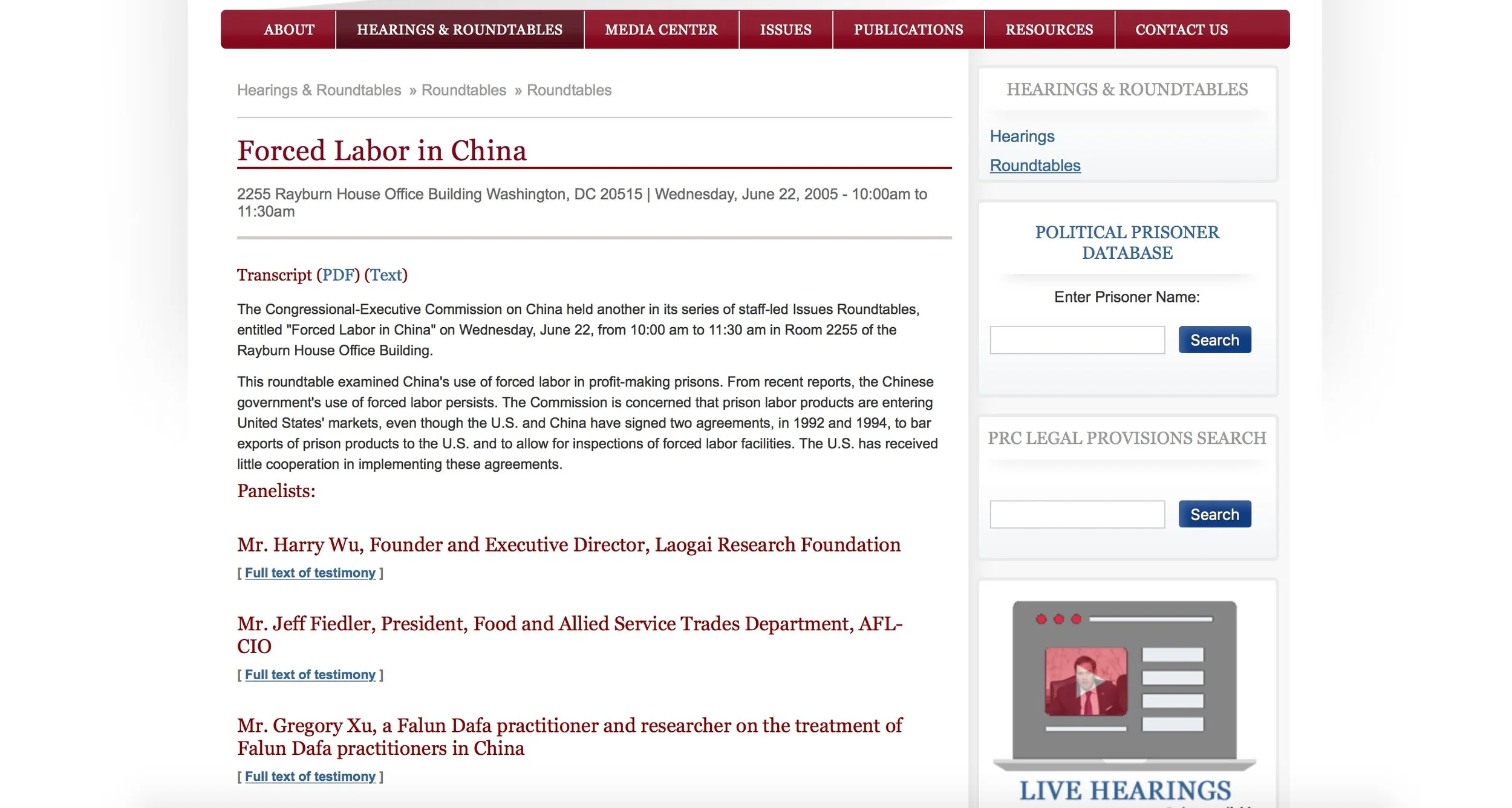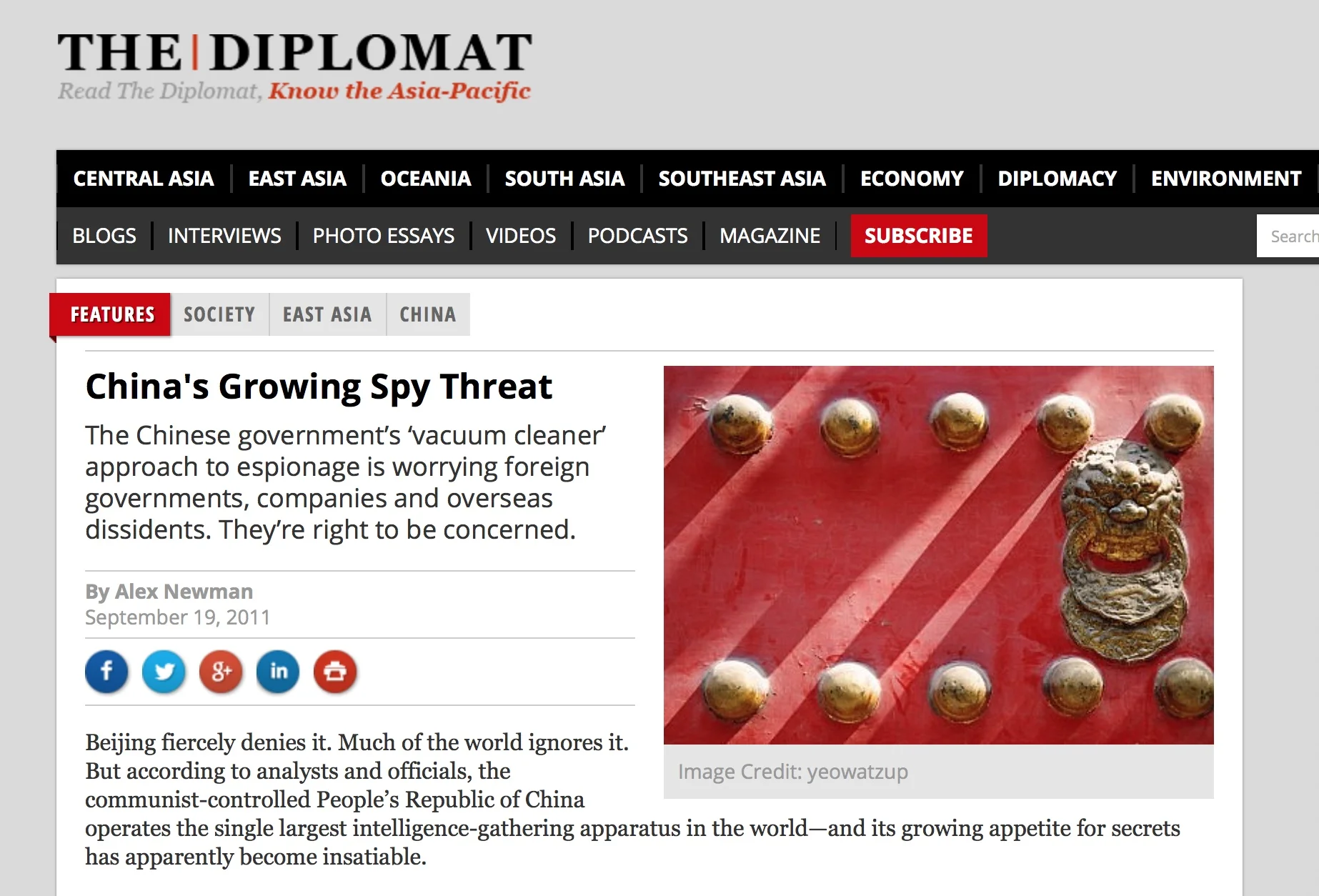Remembering Tiananmen
Greg Callaghan | May 15, 2009
Article from: The Australian
THE tanks crushed the dead. The world looked on in horror. Bob Hawke wept, then threw a lifeline to Chinese students in Australia. Twenty years on, we talk to some whose lives were changed forever.
Tanks ran backwards and forwards over the bodies of the slain until they were reduced to pulp, after which bulldozers moved in to push the remains into piles, which were incinerated with flamethrowers."
The audience in the Great Hall of Parliament House, most of them Chinese students clutching white carnations or wearing black armbands, listened as prime minister Bob Hawke read a cable from the Australian embassy in Beijing, describing the events in
Tiananmen Square five days earlier, on June 4, 1989.
Scrapping his prepared speech, and with tears welling up in his eyes, Hawke paid tribute to the "acts of indescribable bravery" of the estimated 2000 demonstrators - many of them students - slain in and around the square, declaring that to "crush the spirit and body of youth is to crush the very future of China itself".
What had begun on April 15 as a peaceful demonstration by several thousand students mourning the death of reformer Hu Yaobang had ended dramatically seven weeks later in violence, bloodshed and repression. The Chinese communist government, pushed to the brink by more than a million demonstrators converging on Tiananmen, the vast square in the heart of Beijing, had brutally struck back.
The shock of the assault was doubly traumatic because many Chinese had dared to hope, with communist regimes in Eastern Europe beginning to falter and with the visit to China in May of Soviet leader Mikhail Gorbachev, that they too might soon enjoy a greater right to speak their minds.
Now all that compelling hope seemed to be gone. And for the 15,000 Chinese students in Australia on temporary visas, there was a rising tide of anxiety as they contemplated their imminent return to their homeland, which had been swept by demonstrations not just in Beijing but in Shanghai, Nanjing and Guangzhou. Many of them were already pleading for asylum or refugee status.
For Bob Hawke, too, the events at Tiananmen had a personal dimension. His good friend, moderate leader Zhao Ziyang, then secretary general of the Communist Party, was rumoured to be under house arrest after he had publicly sympathised with the students.
Ousted former secretary general Hu Yaobang, whose death had sparked the demonstrations, had been a warm acquaintance; the pair had visited Tibet together in 1985 and shared visions of a more open China.
Hawke knew what his audience wanted. When he offered an immediate one-year extension to student visas, a palpable sense of relief fi lled the Great Hall. Within two weeks of the massacre the Immigration Department recorded up to 10,000 visa applications from resident Chinese students, up from 1260 at the beginning of the year.
Full article on Australian Weekend magazine:










